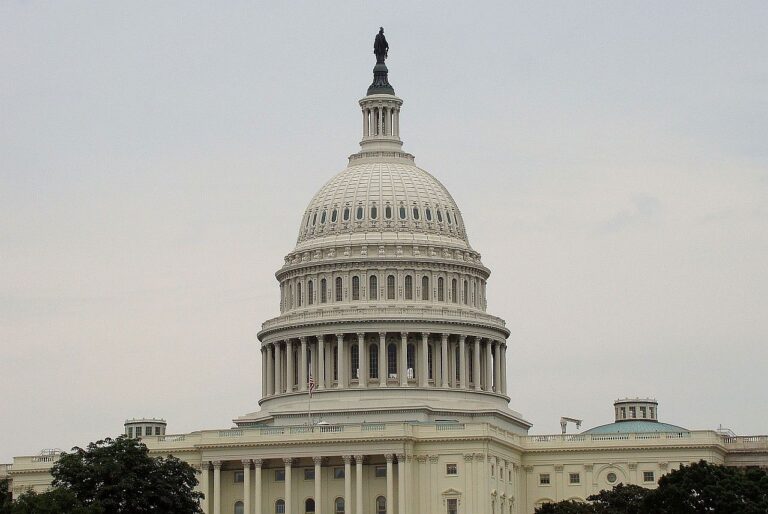Addressing the Influence of Social Validation in Political Ads
betbhai9.com whatsapp number, playexch app, lotus 365 login:Addressing the Influence of Social Validation in Political Ads
As political campaigns ramp up in the digital age, the use of social validation in political ads has come to the forefront of discussions around ethics and the influence of advertising on voters. Social validation refers to the psychological phenomenon where people assume the actions of others in an attempt to reflect correct behavior for a given situation. In the context of political ads, social validation can be a powerful tool in shaping public opinion and influencing voter behavior.
In this article, we will delve into the impact of social validation in political advertising and discuss ways in which it can be addressed to ensure transparency and ethical practices in political campaigns.
The Power of Social Validation in Political Ads
Political ads are designed to persuade and sway voters to support a particular candidate or issue. Social validation plays a crucial role in creating a sense of consensus and credibility around a candidate or message. When viewers see that others are supporting a candidate or cause, they are more likely to believe that the candidate is a viable option or that the cause is worthy of support.
Social validation can take many forms in political ads, including endorsements from prominent figures, testimonials from supporters, and statistics showing the level of support for a candidate. These elements can create a powerful sense of momentum and legitimacy around a candidate, making them appear more appealing and trustworthy to voters.
The Influence of Social Media in Political Advertising
In the age of social media, the influence of social validation in political advertising has only grown stronger. Platforms like Facebook, Twitter, and Instagram provide politicians with a direct line to voters, allowing them to reach a wide audience and tailor their messaging to specific demographics.
Social media also enables campaigns to harness the power of social proof, where the number of likes, shares, and comments on a post can serve as a form of validation for a candidate or cause. This can create a snowball effect, where the more popular a post appears, the more likely it is to be shared and seen by other users.
As social media algorithms prioritize content that is engaging and widely shared, political ads that leverage social validation can quickly gain traction and reach a large audience. This can have a significant impact on public perception and voter behavior, potentially swaying undecided voters or reinforcing the beliefs of supporters.
Addressing the Ethical Implications of Social Validation in Political Ads
While social validation can be a powerful tool in political advertising, it also raises ethical concerns around transparency and authenticity. In an era of fake news and misinformation, it is crucial for political campaigns to uphold ethical standards and ensure that their messaging is truthful and accurate.
One way to address the influence of social validation in political ads is to increase transparency around the sources of information and endorsements featured in ads. Campaigns should disclose any affiliations or financial relationships with endorsers and clearly distinguish between paid promotions and organic content.
Additionally, regulators can play a role in monitoring and enforcing ethical standards in political advertising. By requiring campaigns to disclose the funding sources and targeting strategies of their ads, regulators can help ensure that voters are not misled by false or misleading information.
Furthermore, voters can also play a role in combating the influence of social validation in political ads by being critical consumers of information and fact-checking claims made in ads. By staying informed and questioning the sources of information, voters can make more informed decisions at the ballot box.
Overall, addressing the influence of social validation in political ads requires a multi-faceted approach that involves campaigns, regulators, and voters working together to uphold ethical standards and promote transparency in political advertising.
FAQs
Q: How can voters distinguish between genuine endorsements and paid promotions in political ads?
A: Voters can look for disclosures from campaigns indicating that an endorsement was paid for or sponsored. They can also research the affiliations and backgrounds of endorsers to determine if they have any financial relationships with the candidate or campaign.
Q: What role do social media platforms play in regulating political advertising?
A: Social media platforms have implemented policies around political advertising, including requiring disclosure of funding sources and targeting criteria. However, enforcement of these policies can vary, leading to concerns around the spread of misinformation in political ads.
Q: Are there any regulations in place to address the influence of social validation in political ads?
A: Some countries have implemented regulations around political advertising, such as requiring disclosures of funding sources and prohibiting false or misleading claims. However, enforcement of these regulations can be challenging, especially in the digital space.
In conclusion, social validation is a powerful tool in political advertising that can shape public opinion and influence voter behavior. By increasing transparency and promoting ethical standards, campaigns can address the influence of social validation and ensure that voters are well-informed when making decisions at the polls.







